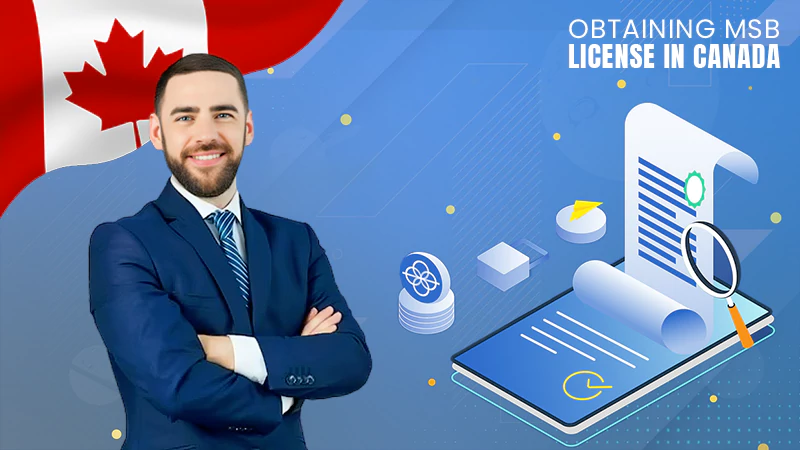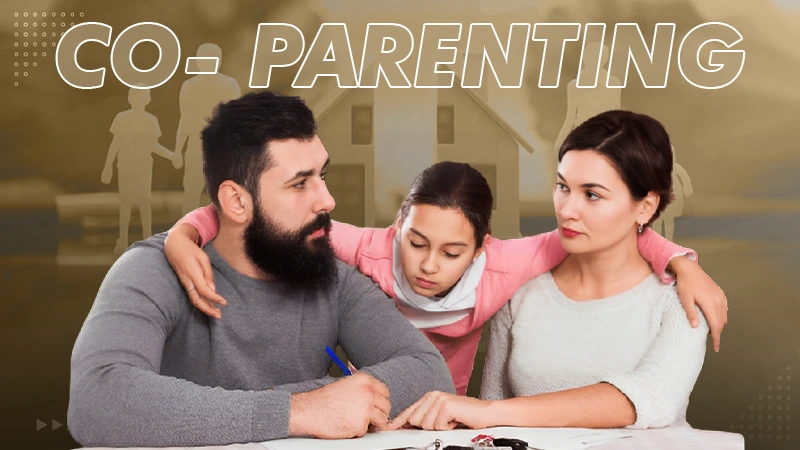5 Valuable Tips for People Who Are Planning to Retire in Italy
Are you retiring to Italy? We’ve compiled 5 valuable tips on topics like taxation in Italy, the healthcare system, residency visas, and more. These tips are suggested by the ex-pats living in Italy and waiting to welcome you into their community.
1. Italian Healthcare for Expats Living in Italy
The Italian healthcare system is ranked second on the top global healthcare system by the World Health Organization. Many ex-pats living in Italy cancel their Medicare and go for health insurance in Italy. You can buy a 6-month policy of healthcare insurance and get it renewed every 6 months. It is ideal for those living in Italy for 6 months to renovate or establish their house.
Medicare is not enough to cover your medical expenses in Italy. You should also apply for private health care insurance. However, you are only eligible to become a part of the Italian Healthcare System when you get your Residency Permit. The premium amount is charged based on your yearly income. You might also have to pay the penalty if you cancel your Medicare and go back to the US for some time.
2. Best Region to Live in Italy After Retirement
Italy is a country of beautiful landscapes, lush green villages, incredible architecture, and blended culture. Before you choose a place to settle down in Italy post-retirement, you should travel throughout the country, rent apartments in different cities, experience the culture, and talk to locals. Choosing the best place to live in Italy after retirement is not challenging, but it will take some time. You can also take help from experts who will give you the best advice on retire to Italy.
3. Elective Residency Visa in Italy
The Elective Residence Visa in Italy is only valid for 12 months and that can be renewed after 2 years. Because of the complexity level of this visa application, the government might not approve this type of visa in one go. So, it’s better to take help from a reliable Italian Immigration firm. Expats living in Italy suggest the best way to stay for a long time in Italy is to visit the Italian consulate near your locality for a Visa. Once you reach Italy, you can apply for a permesso di soggiorno at the provincial capital.
To apply for the Elective Residence visa program, the applicant should have a minimum of €31,160 passive income. For married couples, the minimum passive income should be €38,000 annually.
Applicants should buy a fit-for-purpose home in Italy or rent a house with a prepaid lease agreement for 12 months. It will serve as proof of residence for visa application. When individuals gain an Elective Residency, they must have comprehensive EU health insurance worth €30,000 per person. The insurance cover is valid across European countries.
4. Taxes for Retirees in Italy
Under the International Convention on Double Taxation (August 25th, 1999) between the USA and Italy, all pensions are only taxable-on in the relevant issuing country. It is also applicable on IRA withdrawals taxed in the US. Under the Italia Tax-Free Pensioners Program, both Italian and foreign pensioners can gain residency in the southern part of Italy, Sicily, Sardinia, and Calabria. In addition, the applicants can enjoy a 10-year tax holiday on their 6 months stay in their Italian residence every year.
5. Inheritance in Italy
Many people who plan to retire in Italy are curious about leaving their inheritance to their family members. The Italian legal system allows you to transfer your property to your family or children, but you need to consider the taxation system to understand it better. Make sure your inheritors can afford the maintenance and taxation of the property that you leave for them.
Next you can read: 5 Worthy Investments for Americans in Europe
Exploring Common 2-Story Houses Energy Usage Patterns and…
How Long Does It Take to Obtain An…
The Secrets Behind High-Performance Racing Windows
Co-Parenting Strategies for Divorced or Separated Parents in…
How Auto Lawyers Help Victims of Distracted Driving…
How Can an Attorney Help in a Trucker…
What is the Rule of Thumb for Pipes?
Best DVD Rippers for Windows & Mac: Free…
Reducing the Impact of Unexpected Construction Expenses
8 Ways to Improve Wi-Fi Speed and Stability…
What Information Can Be Gleaned From a Funnel…
Essential Strategies to Make Hotel Management Easier












